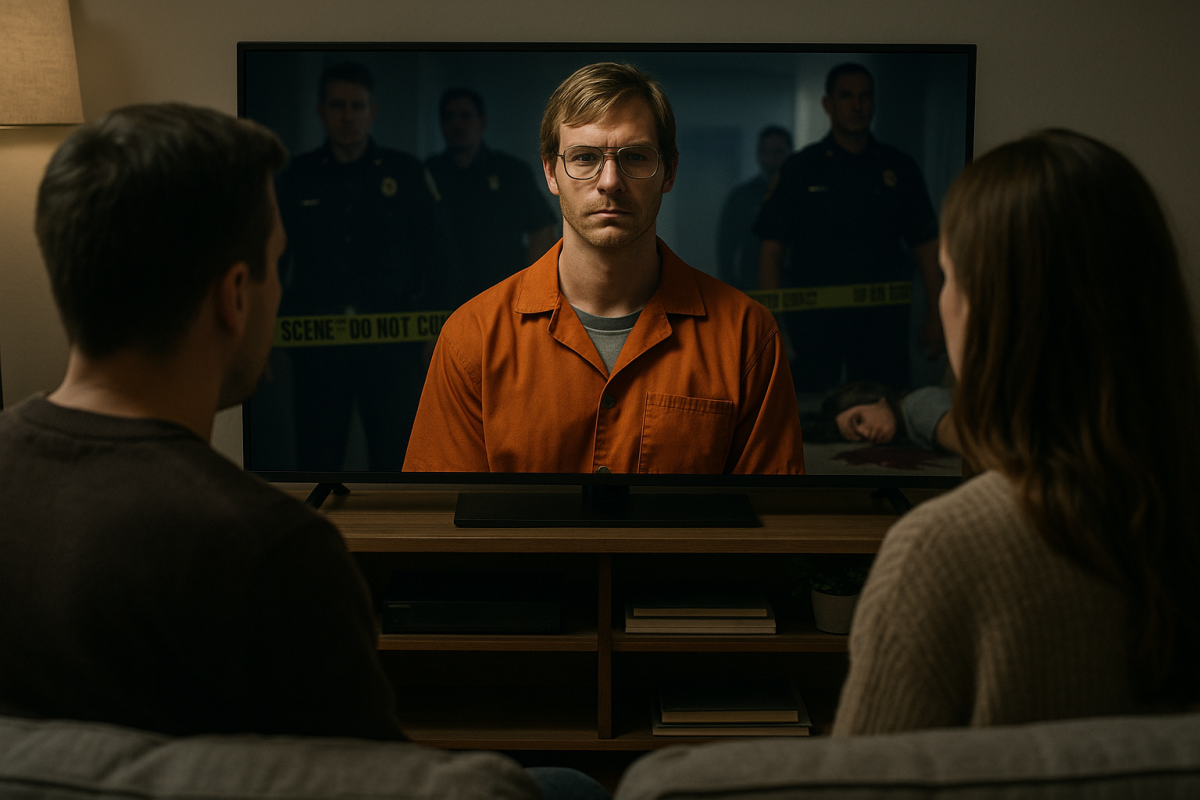While documentaries and informative movies do a good job of sharing the history and psychology of infamous serial killers, dramatized shows about them have seen a huge rise in popularity. One of the best-known examples is the Monsters anthology series. So far, the series has covered Jeffrey Dahmer, the Menendez brothers and Ed Gein. At the end of the Ed Gein series, producers announced that the next installment will focus on Lizzie Borden, who was accused of murdering her parents with an axe.
These shows are meant to tell the stories of serial killers and their crimes in a way that both informs and entertains viewers. They often explore the killers’ childhoods and the factors that may have shaped their actions, while also depicting the violence they carried out and the harm done to their victims.
The dramatized format appeals to audiences who prefer visual storytelling over traditional documentaries. Some people find narrated documentaries difficult to follow, but dramatized series make the events feel more real and emotionally gripping. However, this raises an important question: could these shows inspire the wrong kind of audience?
In the Ed Gein series, for example, the violence is portrayed in extremely graphic detail. While this method aims to tell a truthful and complete story, it could also attract viewers who find the content fascinating for the wrong reasons. The risk is that some individuals may become desensitized or even inspired by the cruelty they see.
There is also the moral concern of turning real tragedies into entertainment. When viewers watch actors recreate horrific crimes, it can be easy to forget that real people once suffered through these events.
Despite these concerns, the purpose of most of these shows is not to glorify killers but to educate audiences about their crimes, the victims and the lessons society can learn from them. Ideally, as these shows continue to grow in popularity, they will keep spreading awareness and encouraging empathy rather than fascination.
































